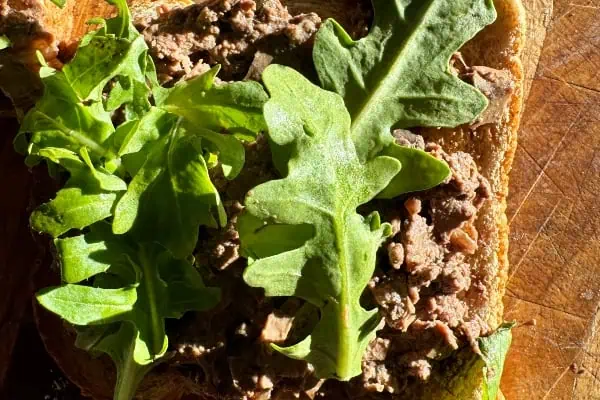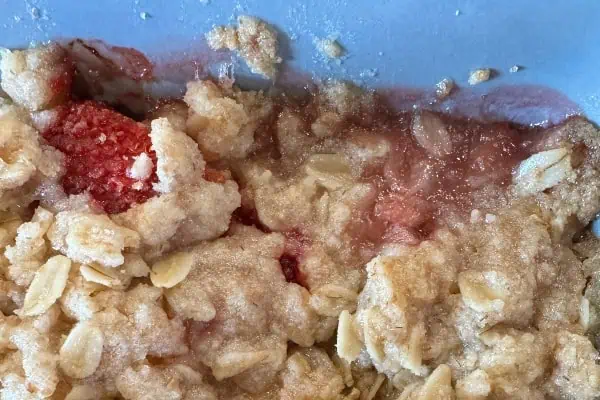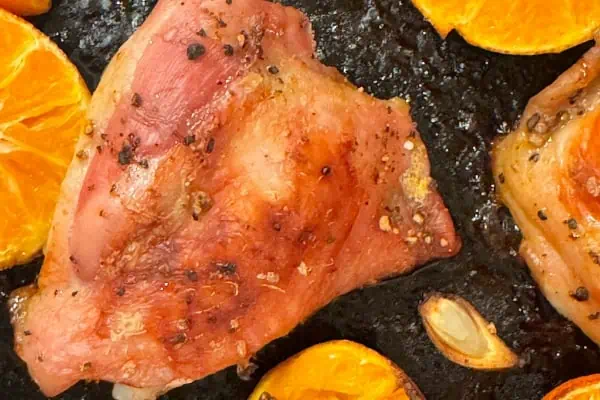Formerly the Ramada, now the Days Inn, sits at the edge of the Whitehorse industrial area. It’s parking lot and big-box-store land, the concrete jungle of our Northern capital. It’s windy and dusty and, according to Francis van Kessel, general manager at Days Inn, the perfect place to grow potatoes, carrots, beets, and maybe kale. It might be too windy for kale. She’s talking with her dad about it.
There are seven small garden boxes and three large planters outside the inn. Last year, they were filled with around $3000 worth of flowers — and those weren’t the expensive flowers. They were mostly pansies. Van Kessel says the previous manager grew the flowers — “that’s what hotels do”. She says they got lots of compliments.
The new manager starts punching numbers into a calculator that’s sitting on her desk as she talks about the maintenance flowerbeds require. “Weeding, watering, you know, flower gardening? You have to pick the dead fl owers out? “If you think wages, it’s about 42 hours a week, for June, July, and August, let’s say.”
She says vegetables are cheaper to buy and to grow. She’s still budgeting it out, but she fi gures it’ll cost about $1000 to buy seeding potatoes and the seeds for carrots, beets, and maybe kale. What made you want to do this? “Why am I growing flowers that you can’t eat when there’s so many hungry people?”
Van Kessel says she knows some of her own staff uses the food bank every week. “We as a society need to start feeding people.” She says we need to take the money we put into the beautification of a place, and use it to put food in people’s bellies.
Van Kessel says there are hungry people all around us. It’s people who hold down two parttime jobs and decide they’re going to use their money to pay rent instead of buying food, who use the food bank. And then they go to the food bank and buy dry food. Van Kessel wants to provide fresh food. “There’s so much poverty in the Yukon, and this will help combat that.”
Van Kessel says she’s talked to the Whitehorse Food Bank. It will take the vegetables grown at the inn. She’s aware of the fickle nature of farm crops. She refers to her home garden: “One year I might get 100 pounds of potatoes, the next year maybe I’ll only get 50. Who knows why?” But she’s pretty sure they’ll get at least one potato out of the soon-to-be vegetable boxes at the Days Inn. And it will be worth it.
Because flowers are more work than vegetables, and they’re more expensive. Besides, “Potato plants are pretty. Potatoes, beets and kale? They’re beautiful.”
Like farmers do, van Kessel is thinking long-term. She hopes that in 10 years, all Whitehorse businesses grow vegetables, and that the city and the territorial governments are planting vegetables in garden boxes.
“So we can produce a healthy society.”




